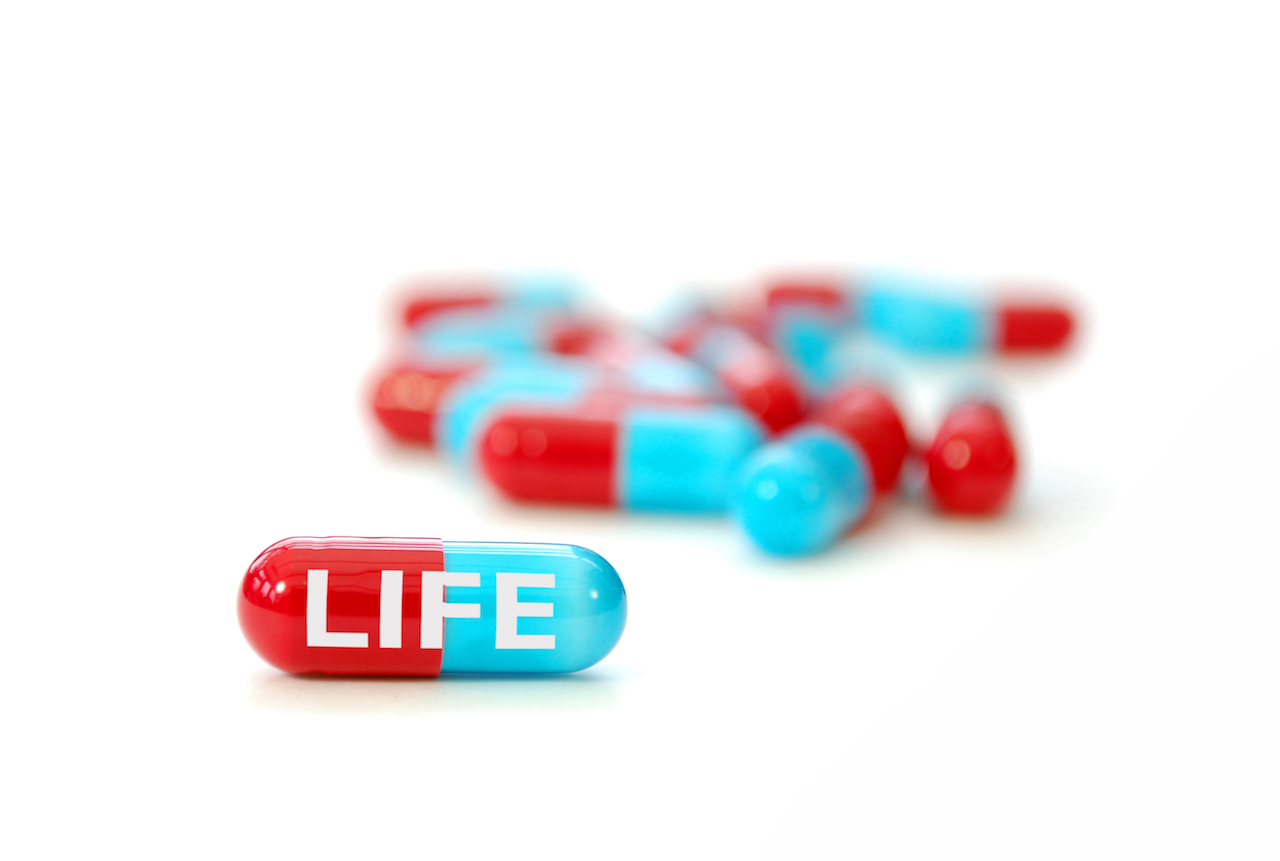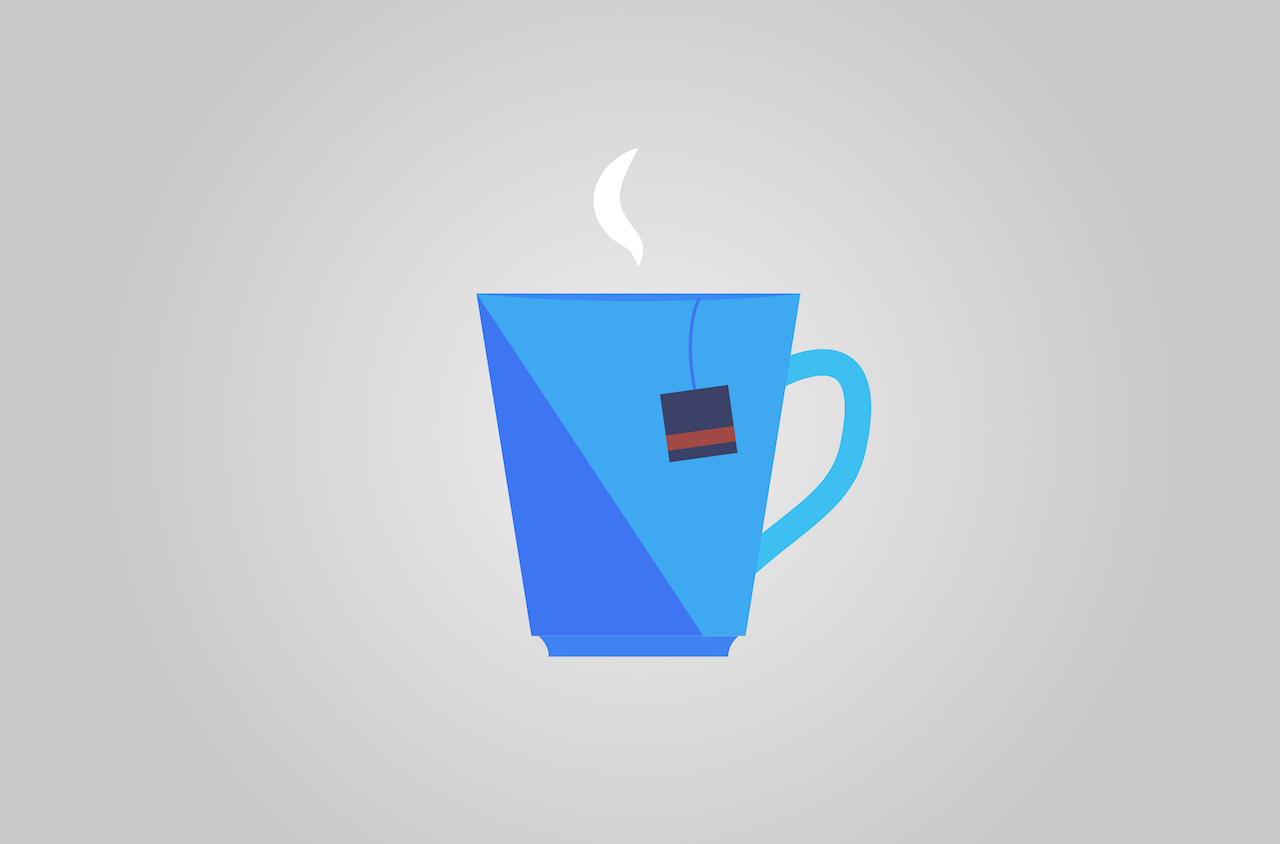We all long to be forever young, but unfortunately, our bodies aren’t quite up to the task! Body changes are inevitable and the ageing process affects not only biological systems, but psychological, behavioural, and social processes too.
But… is there a way to preserve your fountain of youth? Well, scientists believe that one of these days, you may be able to boost and increase your lifespan with a supplement.
NAD+ for a longer life
NAD stands for nicotinamide adenine dinucleotide. It’s a molecule/co-enzyme found in all living cells in the body. It helps you derive energy from the food you eat, protects your cells from stress, maintains healthy sleep cycles and helps your cells repair damaged DNA.
NAD+ also contributes to the transfer of energy from fatty acids and glucose to the mitochondria, which converts them to cellular energy. It plays a role in regulating how quickly your cells age and helps maintain healthy mitochondrial function, a vital part of healthy human ageing.
Unfortunately, your body doesn’t have an endless supply of NAD+, and the amount you have, declines with age. The molecule fights ageing by activating enzymes called sirtuins, which help control your genes in a way that promotes healthy ageing.
Turn back the clock
Science may give you a helping hand in slowing down ageing, but the best way to do it is to take care of yourself physically and mentally, every single day. This, in turn, has an impact on how much NAD+ you have.
Higher levels of NAD+ can protect cells from oxidative stress. An imbalance between free radicals and antioxidants in your body can contribute to ageing.
- Increase your NAD+ levels with NAD-boosting supplements that have anti-ageing effects.
- Follow a high-fat, low-carb keto diet. When your body is in ketosis, it uses fat instead of glucose for energy.
- Restrict your meals to increase NAD+ levels; this can be done through intermittent fasting.
- Add some high-protein food to your diet, like fish and chicken. Some fish have high amounts of NAD+ like tuna, sardines and salmon. Chicken is a good source of NAD+ too. It contains more than 9mg (milligrams) of the chemical compound.
Factors that will decrease NAD+ in your body
- Damaged DNA can cause a reduction in sirtuin activity and a decline in NAD+.
- Alcohol. Alcohol has many negative health effects. It makes you age much faster and lowers co-enzymes.
- High insulin and blood sugar levels. You’re at a greater risk of low levels of NAD+ if you have high blood sugar levels. High levels of insulin can also cause NAD+ to decrease.
- Chronic inflammation. The lower your co-enzyme, the higher the chances of increased chronic inflammation. Chronic inflammation is a repeated cycle of one or more areas of your body becoming inflamed.
- Overeating involves eating more than the amount of food you need to maintain a healthy weight. If you overeat, you may have low oxygen levels in your cells. This can wreak havoc on NAD+ levels.
References:
- http://time.com/5159879/is-an-anti-aging-pill-on-the-horizon/
- https://www.elysiumhealth.com/en-us/knowledge/science-101/everything-you-need-to-know-about-nicotinamide-adenine-dinucleotide-nad
- https://www.vitamonk.com/blogs/health/what-is-nad-and-how-it-works
- https://www.stronghealth.com/nadh-benefits-nad/
- https://endpoints.elysiumhealth.com/5-reasons-scientists-are-studying-nad-the-golden-nucleotide-11cd7bb7e6af


